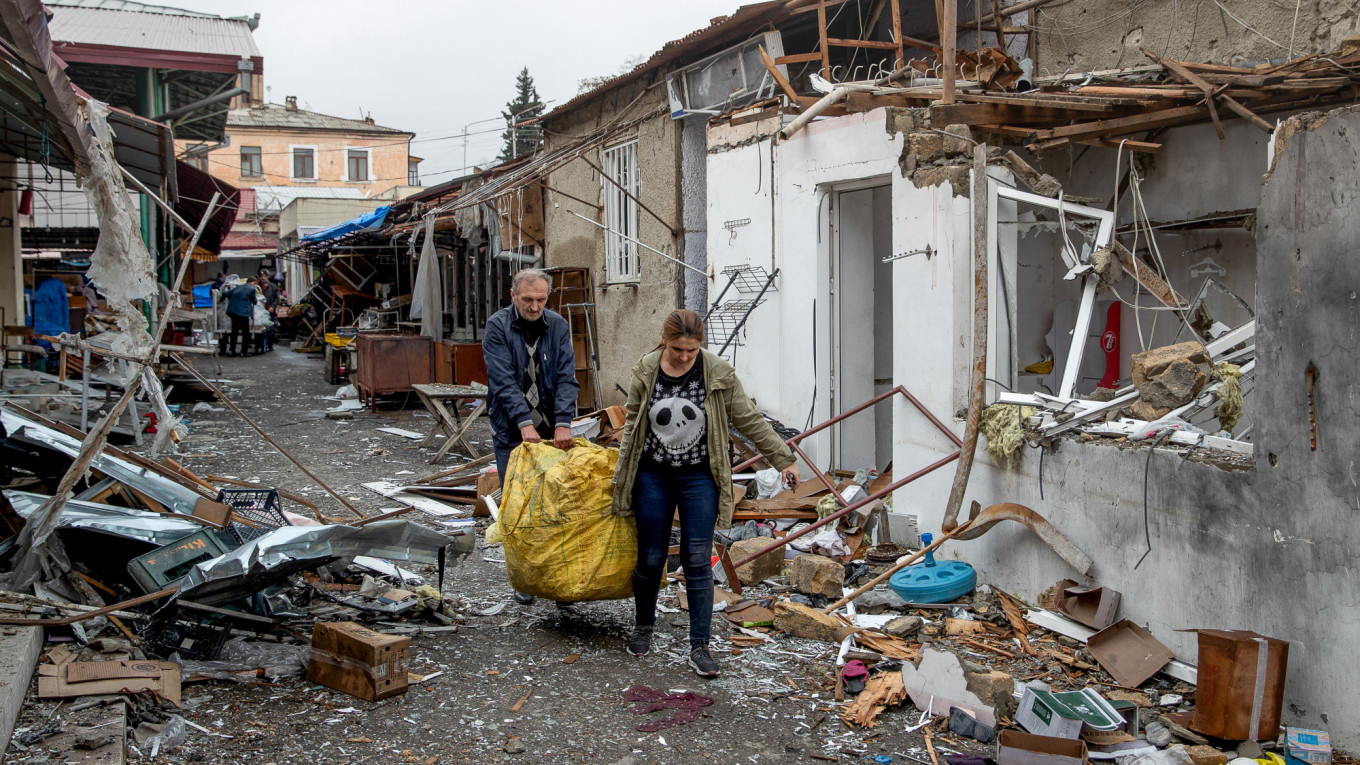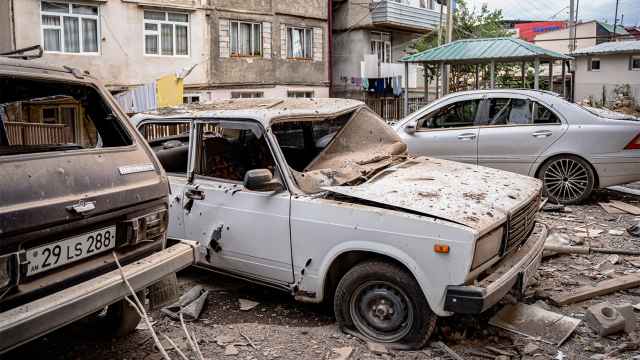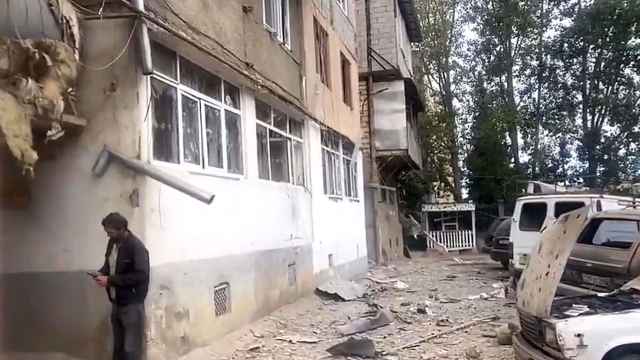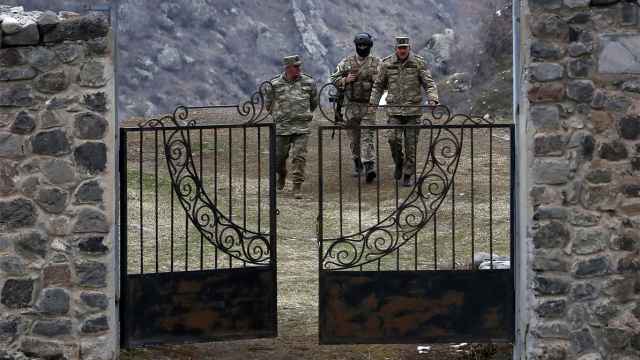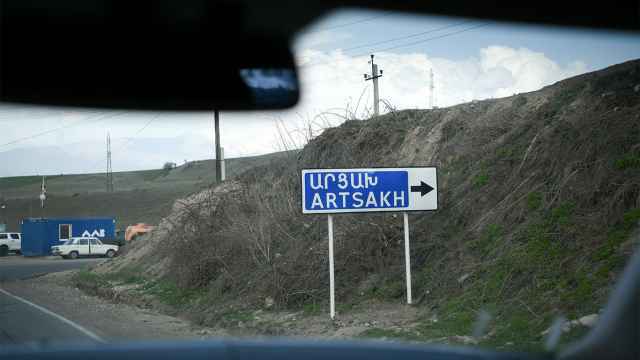The Russian army on Saturday reported a violation of the ceasefire that ended the conflict between Azerbaijan and Armenia in November in the breakaway region of Nagorno-Karabakh.
"One case of ceasefire violation was reported on 11 December in the Hadrut district," said a statement from the Russian Defence Ministry, which has deployed peacekeepers to the region.
The Armenian army reported attacks from Azerbaijan on two villages that are under the control of Karabakh forces.
The Azerbaijani Defence Ministry said "adequate countermeasures" had been taken against "provocations" from the other side but added that the truce was "currently being respected."
A spokesman for the Russian peacekeeping forces confirmed "exchanges of fire with automatic weapons," telling the Ria Novosti press agency that requests to respect the ceasefire had been sent to both parties.
Earlier in the day, Karabakh forces announced that three of their fighters had been wounded in an attack by Azerbaijani forces.
Azerbaijani troops attacked Armenian fighters on Friday evening and "three were wounded in the ensuing firefight," the territorial defence ministry said.
It was Russia's first report of a violation since the peace deal was reached on November 10.
Also Saturday, the French and American heads of the so-called Minsk Group, which led talks on the Karabakh conflict for decades but failed to achieve a lasting agreement, met with Azeri President Ilham Aliyev in Baku.
The envoys, Stephane Visconti and Andrew Schofer, are expected in Yerevan on Sunday.
Six weeks of fighting in Nagorno-Karabakh, which left thousands dead on both sides, ended last month in a rout for the Armenian military.
The Moscow-sponsored deal in November handed territorial gains to Azerbaijan and allowed for some 2,000 Russian peacekeepers to be deployed to the region.
On a visit to Azeri capital Baku on Thursday, Turkish President Recep Tayyip Erdogan hailed what he dubbed his close ally's "glorious victory" in the conflict.
The Turkish leader, who attended celebrations marking the Azeri success, has overtly supported Azerbaijan, helping it to train and arm its military.
Erdogan warned, however, that "Azerbaijan's saving its lands from occupation does not mean that the struggle is over."
A Message from The Moscow Times:
Dear readers,
We are facing unprecedented challenges. Russia's Prosecutor General's Office has designated The Moscow Times as an "undesirable" organization, criminalizing our work and putting our staff at risk of prosecution. This follows our earlier unjust labeling as a "foreign agent."
These actions are direct attempts to silence independent journalism in Russia. The authorities claim our work "discredits the decisions of the Russian leadership." We see things differently: we strive to provide accurate, unbiased reporting on Russia.
We, the journalists of The Moscow Times, refuse to be silenced. But to continue our work, we need your help.
Your support, no matter how small, makes a world of difference. If you can, please support us monthly starting from just $2. It's quick to set up, and every contribution makes a significant impact.
By supporting The Moscow Times, you're defending open, independent journalism in the face of repression. Thank you for standing with us.
Remind me later.


